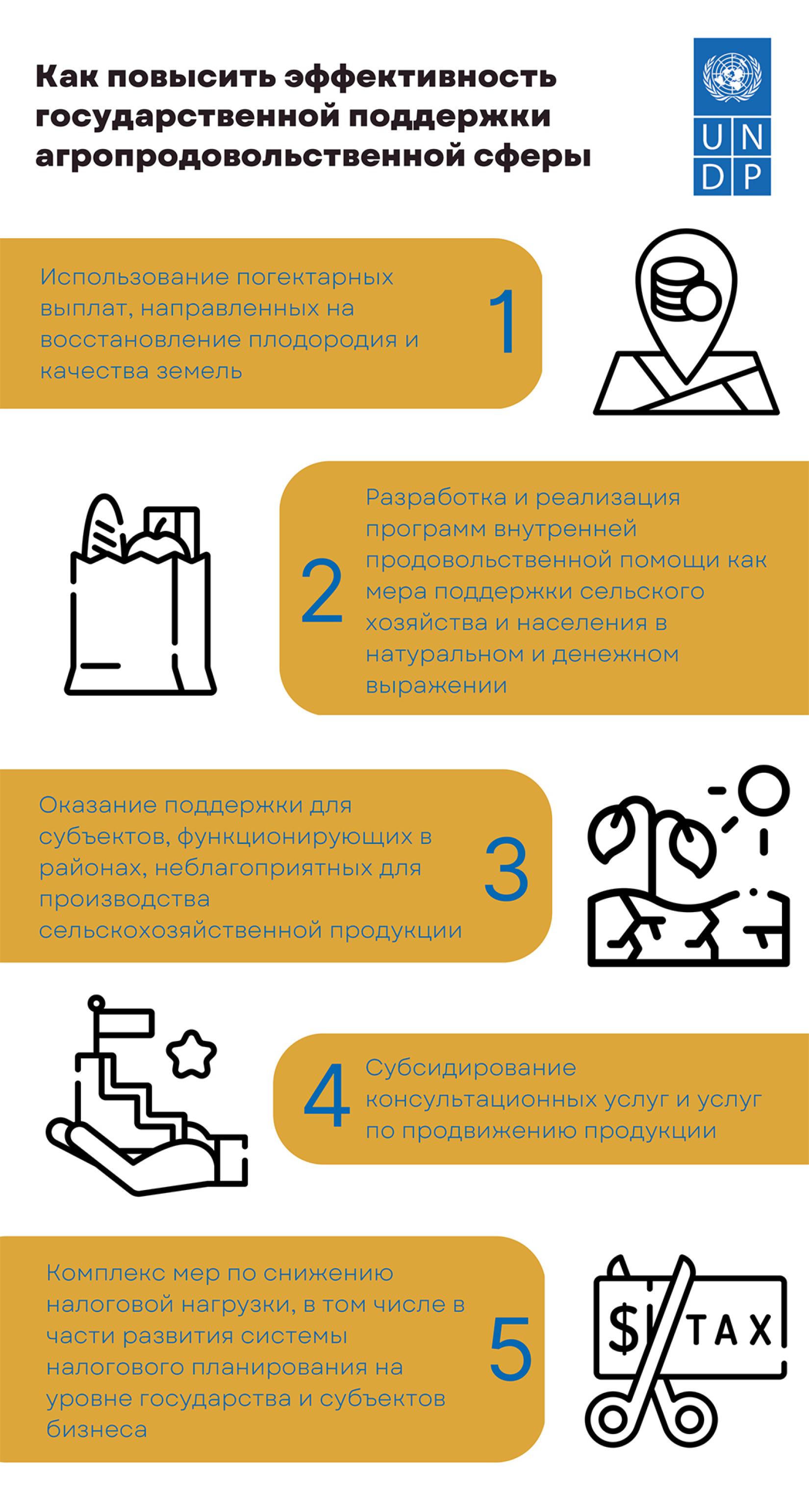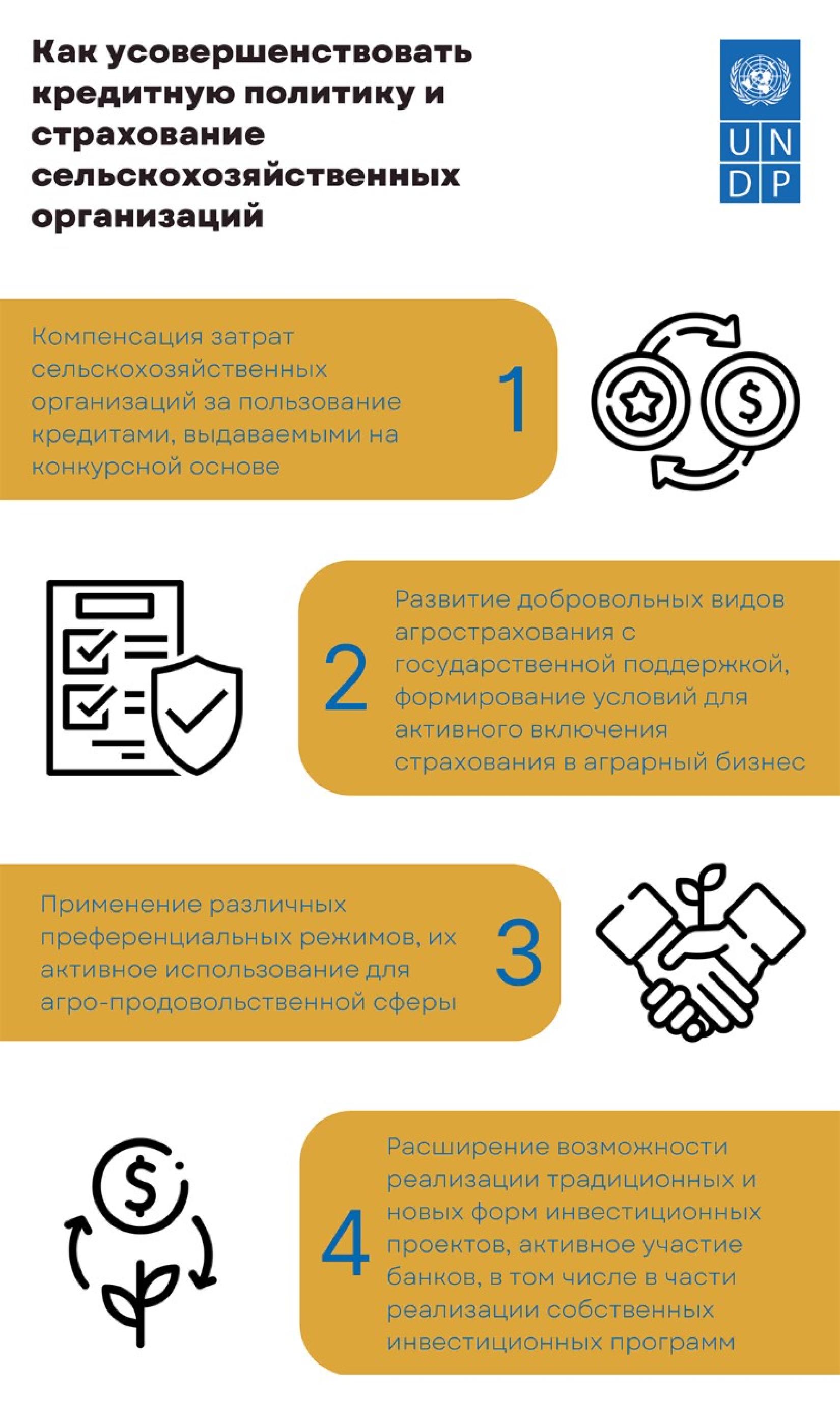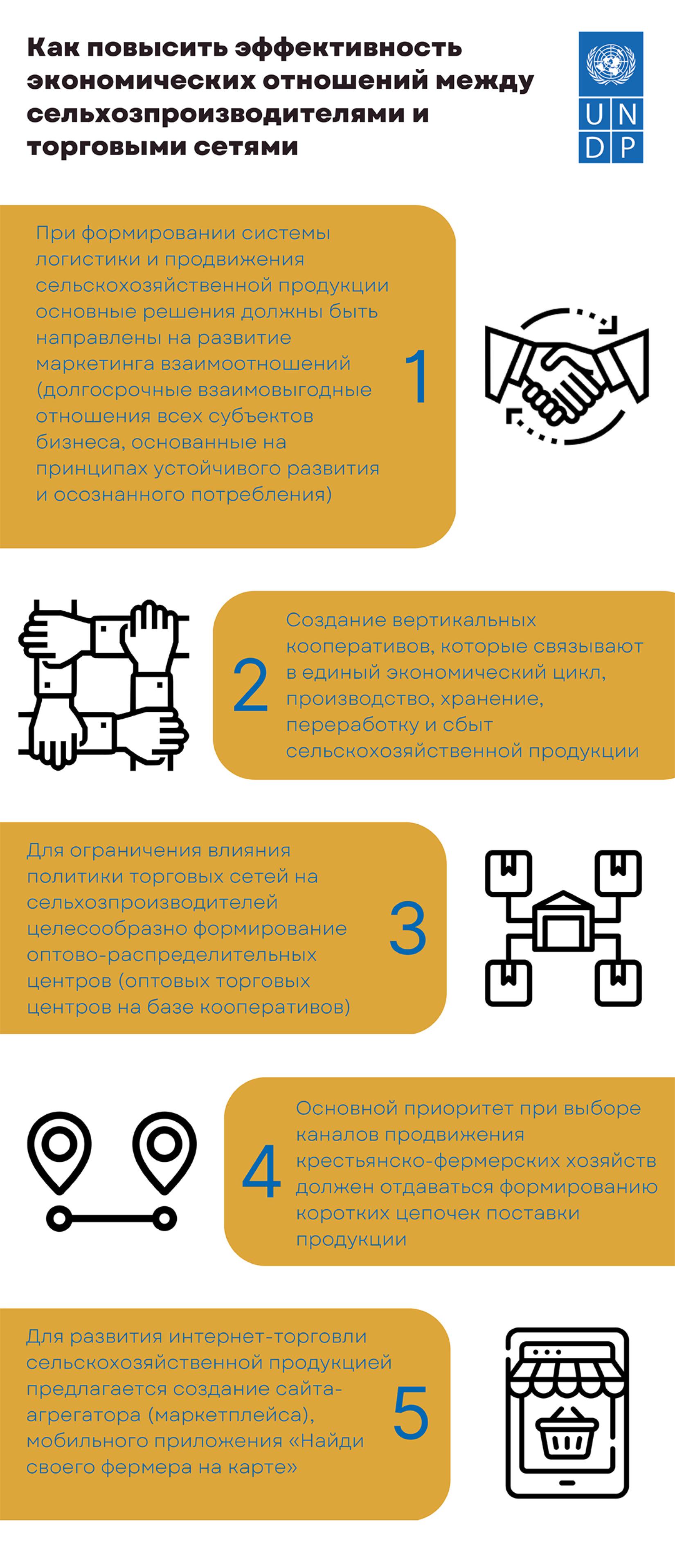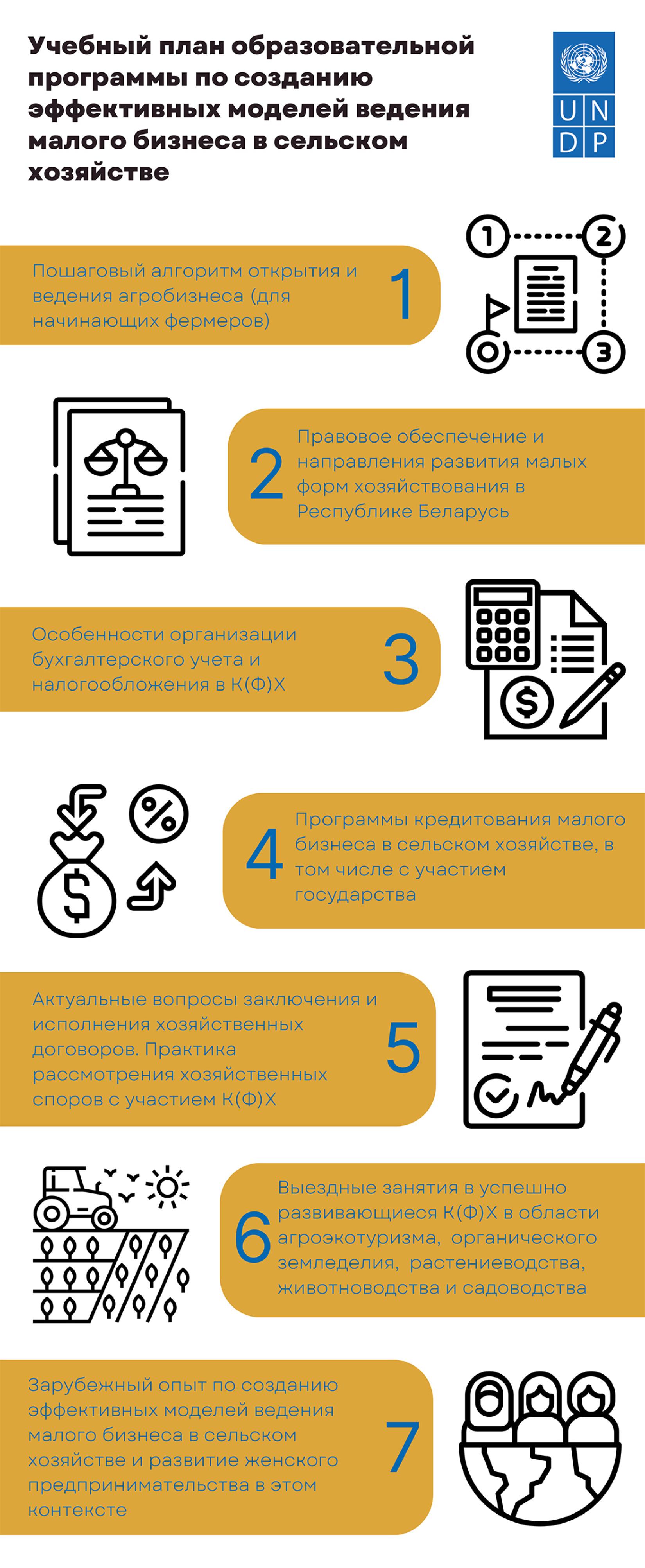New research suggests solutions to improve food security and support sustainable agriculture
22 February 2023
A new UNDP study offers concrete solutions to improve agriculture and food security.nt.
Creating a world free of hunger by 2030 is at the core of the Global Agenda 2030. The SDG’s Goal 17 "End hunger, achieve food security and improved nutrition and promote sustainable agriculture" is one of the world's most pressing targets to meet.
In 2021, the UN Secretary-General António Guterres convened a global Food Systems Summit and launched bold new actions to deliver progress on all 17 SDGs, each of which touches upon on healthier, more sustainable and equitable food systems.
With the onset of the war in Ukraine, the situation continues to deteriorate, and the 2022 State of Food Security and Nutrition in the World report warned that “the world is moving in the wrong direction” on the SDG targets to end hunger, food insecurity, and all forms of malnutrition”.
Belarus occupies 55th place on the 2022 Global Food Security Index, indicating the country’s high level of food security.
To sustain the level of food security, the country needs to anticipate risks and build resilience to external economic pressures by continuously improving the sector of agriculture and food production.
The new study undertaken by UNDP in cooperation with Ministry of Agriculture and Food looks at the risks to food security and sustainable agriculture and identifies key areas for the food and agriculture industries’ enhancement. The experts come up with practical recommendations in the areas of state support, taxes, food distribution, supply chains and logistics.
On state support, the study recommends optimizing the state support and regulation in the field of agro-industrial complex, establishing clear rules for subsidizing agricultural production and applying actively the so-called green box measures for food production.

Regarding taxes, experts advocate for a tax burden reduction in agriculture.

On support to agricultural producers and SMEs the report recommends using budgetary funds on a competitive basis for partial reimbursement of the costs of agricultural organizations; financial support for SMEs; and diversify implementation of investment projects.

Experts make also recommendations on food distribution, arguing to ensure wage growth in the sector and prioritize the food needs of the vulnerable groups.

All findings of the research can contribute to improvement of the national programs of sustainable rural development for 2011–2015, agricultural business development for 2016–2020 and the Agricultural Business program for 2021–2025 - bit.ly/3xJxNDX.
The study is part of the joint UN analytical effort by United Nations Children's Fund (UNICEF), the United Nations Population Fund (UNFPA), the United Nations Development Program (UNDP), UN Women and the Office of the UN Resident Coordinator in Belarus with funding by the Joint Sustainable Development Goals (SDG) Fund.








